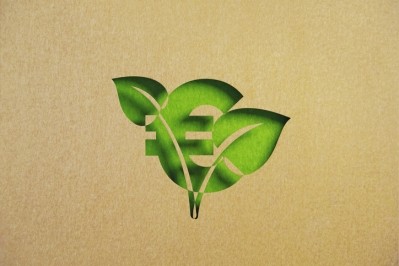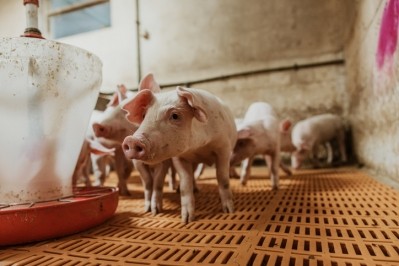Ukraine conflict: Potential long-lasting consequences for global commodity trade

Black Sea ports remain closed and logistical infrastructure in Ukraine is expected to be severely damaged, said the team.
“Furthermore, the sanctions placed on Russia by many countries and indeed businesses will have long lasting consequences for global commodity trade, with a number of global banks withdrawing trade finance from deals involving Russian commodities,” commented the UK analysts.
Oilseeds markets are not only being supported by the higher energy market values, but also the reliance of global markets on exports of oilseeds from Ukraine, particularly rapeseed and sunflower, they said.
“Rapeseed values have gained over 10% since the invasion began, with May-22 trading at €820/t as the conflict adds concern to an already extremely tight rapeseed market, following the drought in Canada this season and surging demand as global economies re-opened in the wake of COVID-19.”
Global vegetable oil markets have charged higher with palm oil values reaching record highs, as importers scramble for dwindling supplies.
Soybean stocks
Moreover, soybean exports from the US and South America are set to rise, a development that will tighten stocks further and place increased pressure on the upcoming US soybean crop, said the grain and oilseed market specialists.
“Global soybean stocks remain under pressure amidst South American crop losses and renewed strong Chinese purchases, which have resulted in surging CBOT soybean prices and South American FOB values.
"Recent rainfall in Argentina is likely to benefit soybean crops in the country, although the key period will be throughout early March and forecasts remain conflicting.”
Contingency plans
The latest price rises for wheat and corn are likely to incentivise US farmers to further expand their corn area this spring, although the growing risk of higher fertiliser price may be a limiting factor for some, added those analysts.
In a statement on March 2, COCERAL, FEDIOL and FEFAC, EU trade groups for cereals, oilseeds, and oils and fats, protein meal, and animal feed, respectively, said that, in anticipation of potential adverse impacts on EU food and feed supply chains, they are looking to set up contingency plans to help mitigate the loss of Black Sea origin for commodities such as corn and sunflower oil.












